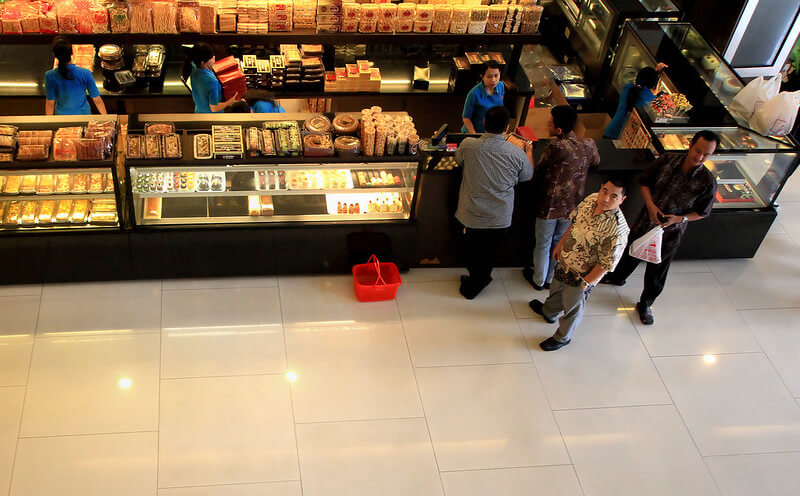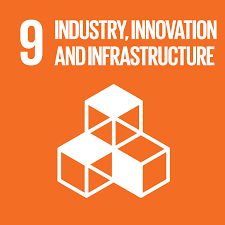The action and its aims
The goal of this Mini Lab is to provide solutions to issues including the widespread use of dangerous chemicals in fresh food, the presence of pesticide residues in food, and the adulteration of meat. The Mini Lab Food Security was created to ensure food safety at the 60 modern markets and 34 traditional markets in Bandung City. These Mini Labs can conduct seven rapid tests for chlorine, pesticide residues, endurance of produce, halal, peroxide, borax and formalin. The results of the Mini Food Labs are posted to the E-Wasmut App. E-Wasmut reports on the food safety status and can be accessed by consumers. By informing consumers about food safety, trust in food markets and fresh food will increase and encourage healthy nutrition.
When it was introduced
The Mini Lab Food Security was introduced in 2016 and is ongoing. In addition, the project expanded to four sub-regional locations and six mobile units have been added aimed at broadening market coverage and increasing the area covered.
Why it was needed
Bandung is West Java’s largest fresh food marketing region and has 94 modern and traditional markets. There were concerns about food safety wi8th reports of harmful chemicals and pesticides in the fresh food on offer at the markets. Consumers needed to feel confident of the safety of the fresh food they were purchasing but there were not enough resources to monitor all the markets and provide up to date information which was easily accessible.
Who initiated it, who is involved
The Mini Lab Food Security was introduced by the Bandung City Food and Agriculture Department. It is carried out in cooperation with the Bandung City Government and the Director of Bandung Market, who manages traditional markets, and with the leaders of eight modern market holding companies. The Bandung Planning and the Research Agency supported the launch of the Mini Labs’s and the Bandung Communications and Informatics Department helps with online reporting of results.
Impacts to date
Mini Lab Food Security is now used in around 60 modern markets and around 34 traditional markets in Bandung City, and is being expanded to include six mobile testing labs, which can be used for street food stalls outside the main markets. The E-Wasmut app shows the data on food safety, including using digital maps.
This initiative is a cooperative effort involving diverse stakeholders, including local authorities, community members, and private enterprises, making the Mini Lab Food Security alongside its E-Wasmut solution a key response to addressing food safety challenges in large urban areas.
The innovative approach of Mini Lab Food Security has been extensively embraced, replicated, and tailored by various entities, including central and regional governments, as well as educational institutions.


